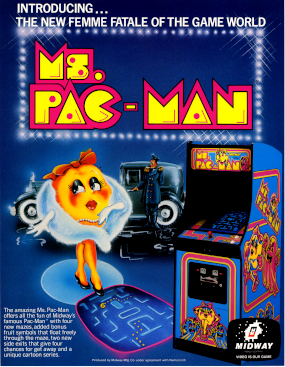With the 105th pick in the 2025 Desert Island Video Game Draft, I select:
Control (2019)
Developer: Remedy Entertainment
Publisher: 505 Games
Game Director: Mikael Kasurinen
Musical Score: Petri Alanko & Martin Stig Andersen
Genre(s): Action-Adventure; Third-Person Shooter
Platform: PC
It's interesting to select this particular game while a decades-old debate has sprung up in this thread regarding the artistic merit of video games. Honestly,
Control is probably not the best ambassador for any kind of "Video Games as Art" discourse, as it happens to be a game that borrows mightily from the language of cinema, the language of television, and the language of the New Weird. The lattermost of those influences is a literary movement focused primarily on how the strange intrudes upon the mundane. Jeff VanderMeer's
Annihilation is among the best of the New Weird's output, and the influence of Area X is felt all over
Control's similarly shape-shifting Oldest House.
Elsewhere, the player will encounter cosmic horror parallel to the mind of H.P. Lovecraft, bits of the brutalist sterility of Kubrick's
2001: A Space Odyssey, the paranoid dream logic of Christopher Nolan's
Inception, and the paranormal activity of Chris Carter's
The X-Files. Apple TV's
Severance could itself be called an influence on Remedy's
Control, but for the fact that
Severance came after, and Ben Stiller has claimed no relationship to the game. That said, if it's a show that does it for you (as it does for me), and you have yet to play
Control, I would... heh... remedy that as soon as possible.
Now for the game itself: visually, it's as striking as they come. It has clear command of its art direction and the aesthetic principles that undergird it. Brutalism is the key design philosophy here, and it is compelling to witness how
Control contorts its brutalist design to accommodate the "Altered World Events" that occur within the Oldest House. The House itself is not a static game space; it's a TARDIS of sorts, in that its interior defies the logic that its exterior suggests, and its constructed in the style of a
Metroidvania, in that its map is rather large and loops back on itself in a number of clever non-linear ways as the player unlocks new opportunities to explore previously closed-off areas. Those opportunities often come in the ability to wield strange and mysterious phenomena.
Nominally,
Control is a third-person "shooter" in which the player controls Jesse Faden, the newly-designated Director of the Federal Bureau of Control. Remedy have never been known for the depth or complexity of their gameplay systems. Interacting with their game worlds is sometimes stale and repetitive, and while
Control hardly feels gloriously good to play, it does offer the power fantasy of being a telekinetic virtuoso, flinging all manner of destructible objects with crunchy, weighty satisfaction. That much never really gets old.
But, as a player, what you're here for is the Oldest House. You're here to explore this inexplicable place. You're here for its
vibe, for its unknowability. It is best not to try to describe the events that lead Jesse to the Oldest House, and its best not to try to explain what the House is, or what the enemies contained within it are supposed to be. It's best for the player to work out for themselves what weirdness is occurring in this most liminal of spaces. In other words, it's a game that's experienced, and while not every idea here is original, if you've ever wanted to truly live inside something akin to an
X-Files episode or one of the five dream levels of
Inception or
Annihilation's Area X, I'd give
Control your best shot.









